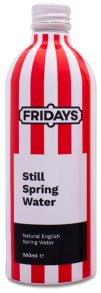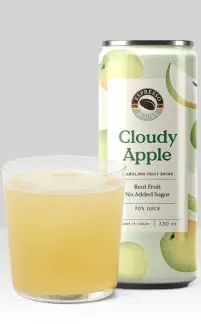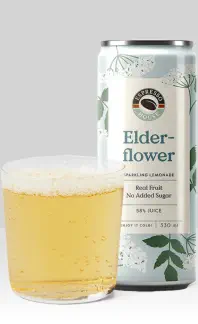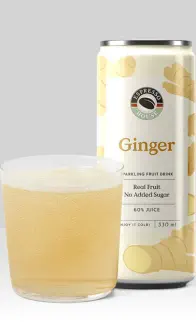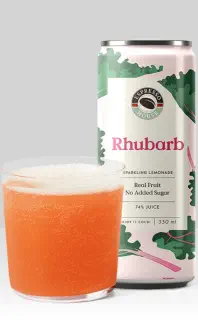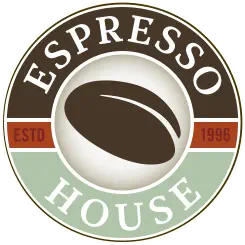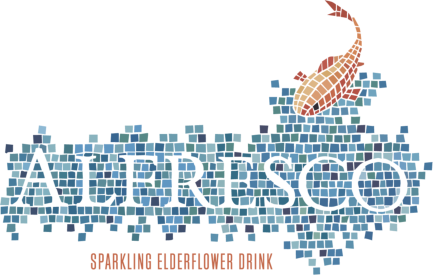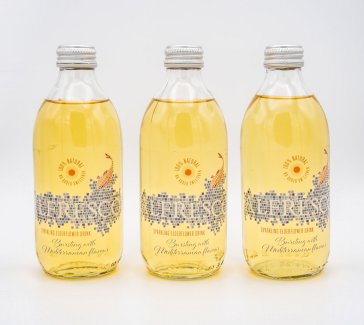Shaking up the shelf! From your morning coffee to your in-flight drink, be part of the packaging revolution
The drinks industry is at the forefront of sustainable innovation, with major brands leading the charge in introducing eco-friendly packaging solutions. Recent developments by Marks & Spencer (M&S), Capri-Sun and EasyJet have set new benchmarks for environmental responsibility in packaging. This blog post delves into these groundbreaking initiatives, exploring their implications for consumers, the environment, and the industry at large.
M&S's Leap Towards Sustainability with Recyclable Coffee Cups
Marks & Spencer has announced a significant move in its UK cafés: the rollout of 100% recyclable paper fibre takeaway cups starting April 2024. This initiative aims to eliminate 20 million units of plastic packaging annually from the retailer's operations. The recyclable cups, which were first introduced in a trial phase in October 2023, are designed to be fully recyclable in both household and on-the-go recycling systems (Packaging Gateway).
M&S's commitment to sustainability doesn't stop at coffee cups. The retailer has also introduced recyclable paper packaging for sandwiches and toasties, further reducing its plastic footprint by millions of units. Moreover, customers are encouraged to bring their own reusable cups, receiving a discount for their eco-friendly choice (Packaging Gateway).
Capri-Sun's Pioneering Recyclable Pouch
Capri-Sun has launched its first-ever recyclable drink pouch, marking a significant step towards sustainability. This move addresses a long-standing environmental concern associated with non-recyclable beverage packaging. Capri-Sun's transition to recyclable materials reflects a growing industry trend towards more sustainable practices, aiming to reduce waste and encourage recycling among consumers.
The Sky's New Shade of Green: Aluminium Bottles Take Flight
Airlines are now taking a significant leap towards sustainability by introducing aluminum bottles on board. This initiative represents a groundbreaking shift in the airline industry's approach to environmental responsibility and passenger service. Aluminium, being infinitely recyclable, offers a robust solution to reducing waste and carbon footprint, aligning with global sustainability goals.
As passengers become increasingly eco-conscious, the demand for greener travel options has soared. The switch to aluminium bottles not only caters to this demand but also enhances the in-flight experience with a sleek, modern aesthetic. Furthermore, aluminium’s lightweight nature contributes to fuel efficiency, offering a win-win for both the environment and the airlines' operational costs.
This move signals a broader trend towards sustainable practices in aviation, as the industry seeks innovative ways to reduce environmental impact while maintaining high standards of customer service. As more airlines adopt aluminium bottles, the skies become a bit cleaner, reflecting a commitment to a greener future.
Implications and Future Directions
These initiatives highlight a crucial shift in the beverage and retail sectors towards sustainability and environmental stewardship. The introduction of recyclable packaging solutions represents not just a commitment to reducing waste, but also a response to increasing consumer demand for eco-friendly products.
For the industry, this shift poses both challenges and opportunities. On the one hand, adopting new packaging technologies requires significant investment and logistical adjustments. On the other, it offers a chance to innovate, enhance brand reputation, and engage with environmentally conscious consumers on a deeper level.
Conclusion
These efforts underscore the vital role that innovative packaging solutions play in the journey towards a more sustainable future. By championing recyclable materials and encouraging consumers to participate in recycling initiatives, these companies are not only reducing their environmental impact but also setting new standards for the industry. As more brands follow suit, the dream of a circular economy in the drinks industry comes one step closer to reality, promising a greener, cleaner world for future generations.






